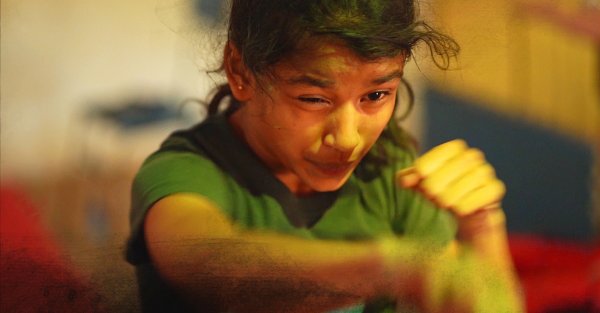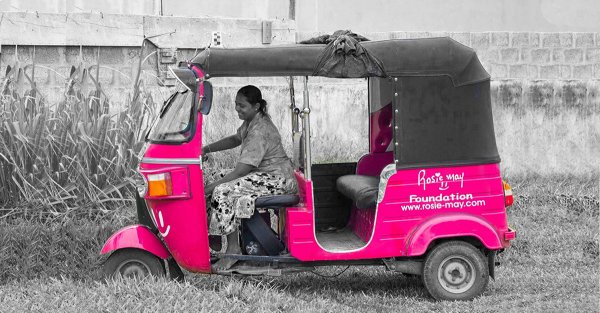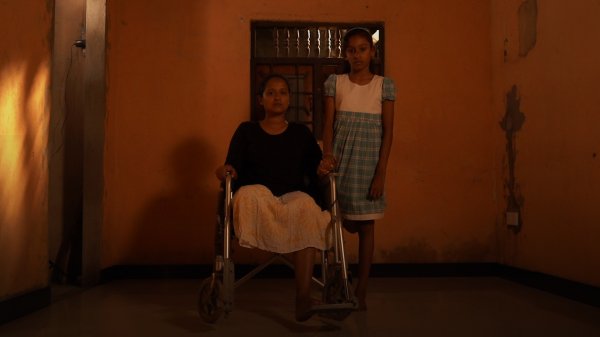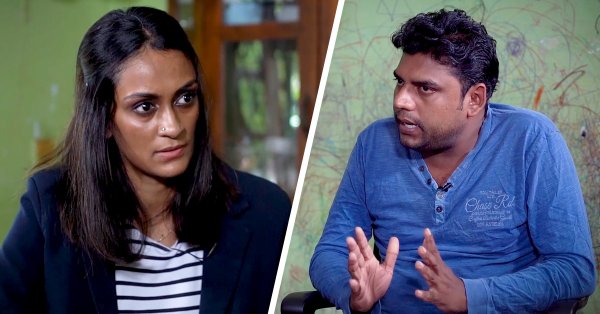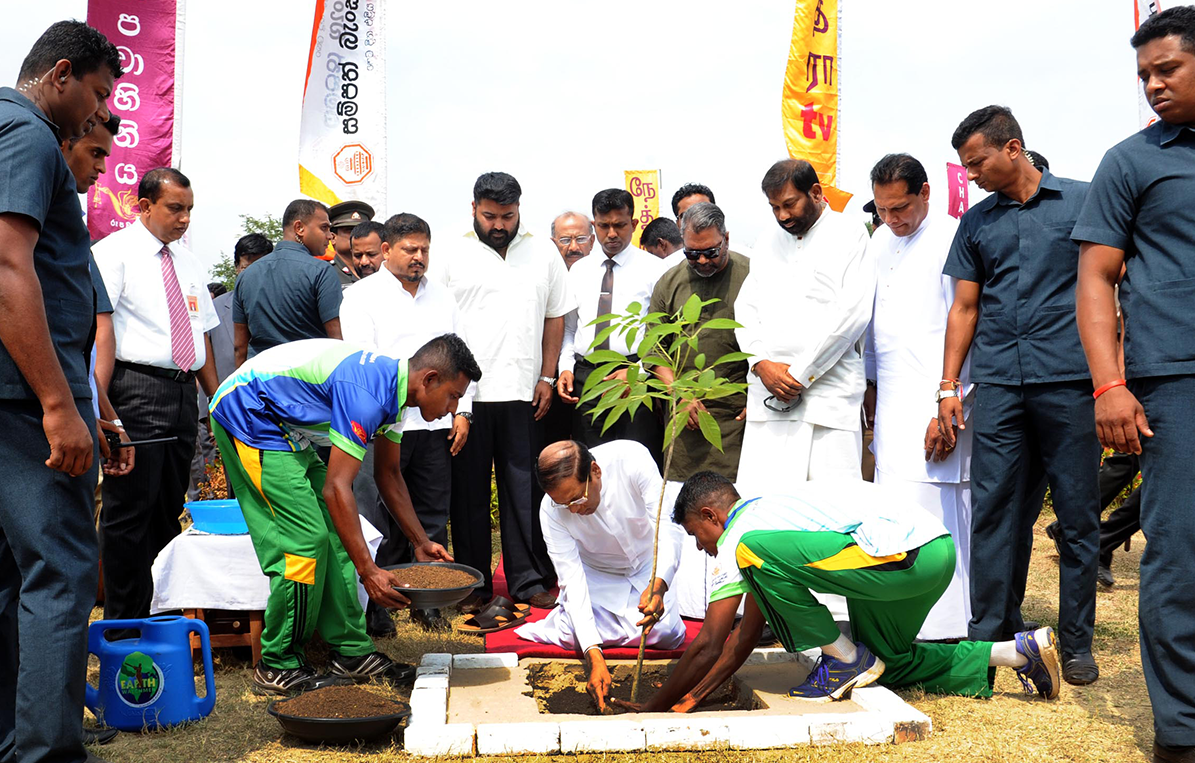
Here in Sri Lanka, cricket is no ordinary sport. For many, it’s a part of their everyday lives, and it’s embedded in our culture to such an extent that a vast number of people gather round their television sets to watch matches.
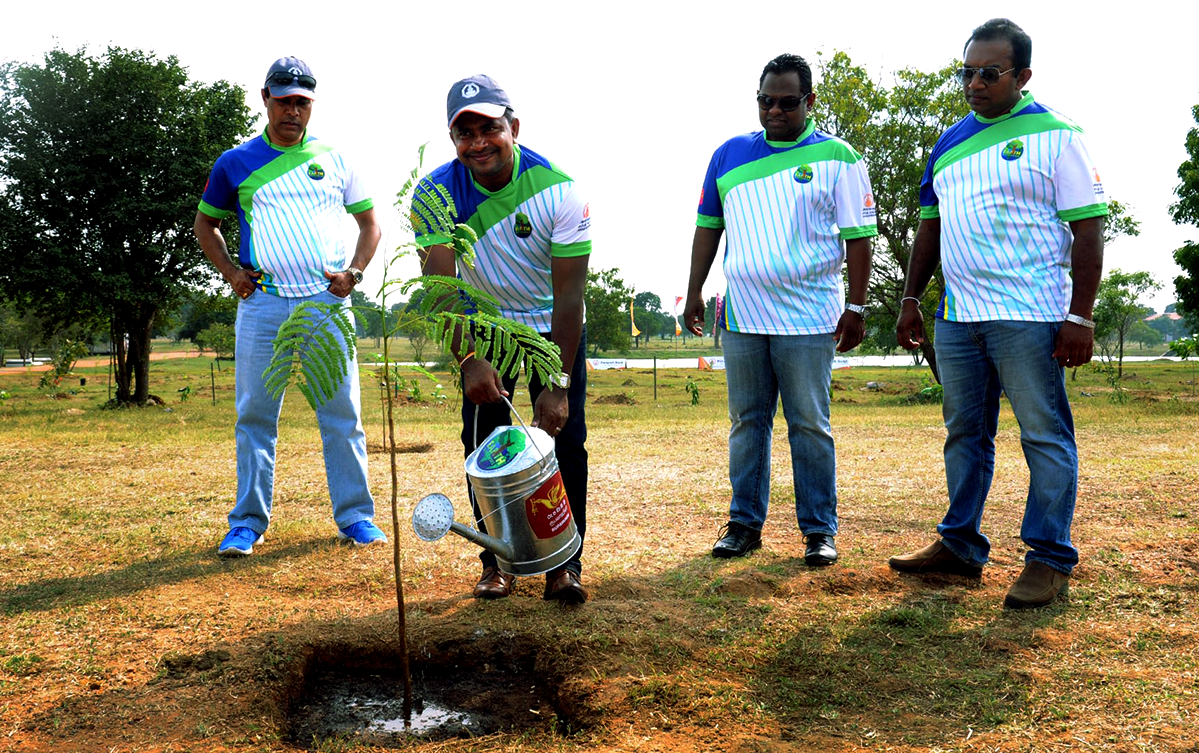
The game itself is an important aspect of Sri Lankan life, but the equipment used to play cricket may yet serve a greater purpose. As we all know, cricket bats need to be hardy and crafted to perfection for that great swing and essential durability (well… as far as test matches are concerned, that should be on the priority list). They come in different grades, makes, weights and, as a result, prices.
But the most important constituent of a good cricket bat is the wood it’s made of. Without it, you’d be stuck with the cheap alternative that is light plastic. We’ll see how that stands up against a leather ball going at about 150 to 160 km/h. (Or in Shoaib Akhtar’s record-setting case, 161.3 km/h. Hats off!)
So, in order to preserve this precious material that not only enables our favourite sport but also comes from trees that keep our entire ecosystem running and our air breathable, Sampath Bank PLC, in conjunction with Sri Lanka Rupavahini Corporation, have launched the Earth Watchmen initiative.
This programme, which comes just in time for the Cricket World Cup 2019, aims to turn the Lankan citizens’ focus towards giving back to the environment by conserving the trees that give us what we need to manufacture cricketing equipment.
Think about it. There are millions of cricket bats being sold and used around the world! (I mean, India has a massive population of well over a billion, and cricket is a phenomenal success over there. Well, more of a way of life than simply a successful sport.) And how could we possibly know how many more are being made right at this very moment? You need to keep in mind that wickets are made of wood too! Now, we’re not mathematicians, but if our ‘estimate’ is correct, that’s a whole load of trees and a whole lot of irreparable damage if we don’t act now!
The point of the initiative is to plant two million trees around the island before the World Cup begins in May this year.
Multiple Sri Lankan cricketing heroes have also joined hands with this cause to raise awareness about it.
The organisers of this initiative will be working with the pertinent government bodies, as well as corporations and individuals, to create ‘green corridors’. They hope to achieve this with the help of district secretariats and state-run universities and schools.
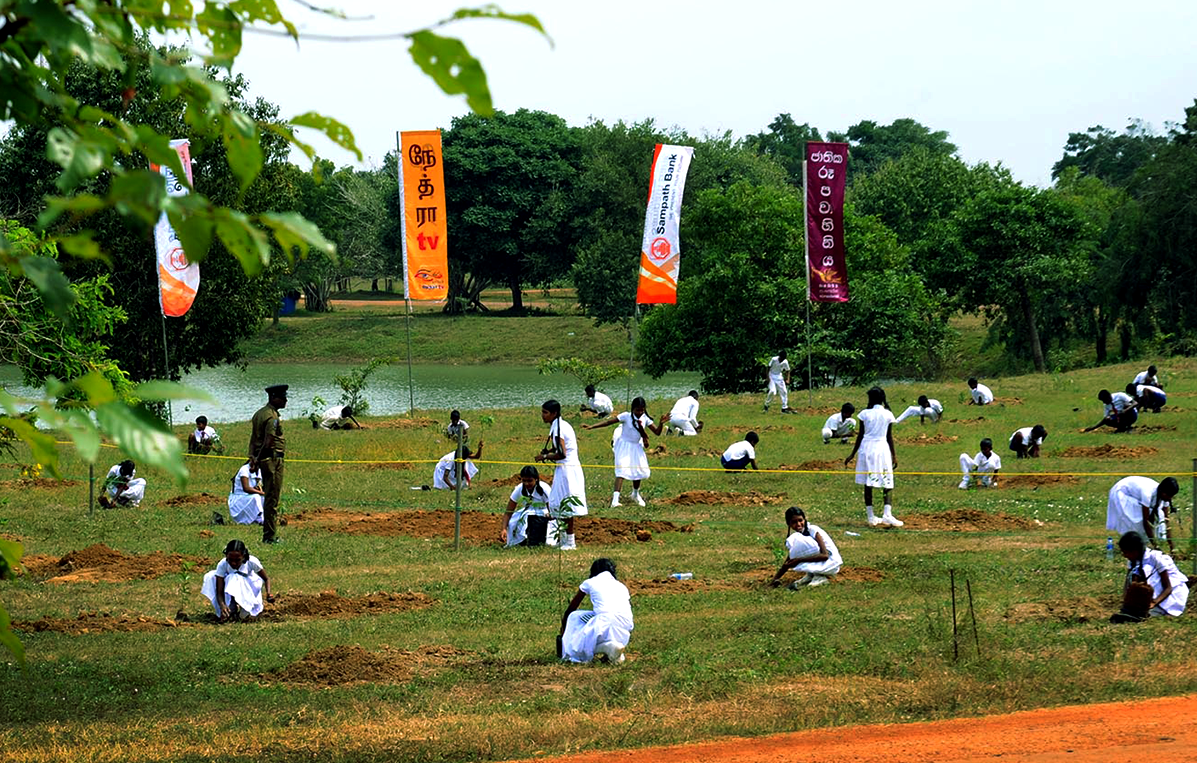
Sampath Bank had previously planted 1,500 saplings in and around the University of Jaffna Engineering and Agriculture Department campus grounds in Kilinochchi, giving rise to four green corridors.
Earth Watchmen is a long-term project which aims to improve Sri Lanka’s green cover.
Green cover is essential for moderation of temperature, prevention of soil erosion, and safeguarding species of flora and fauna in the country.
Climate change is a growing issue. It may be all fun and games right now, but eventually, there will be nothing left to enjoy.
Though the clock is ticking and the World Cup we’re excitedly looking forward to is drawing near, we can’t afford to forget to look after the environment. After all, this planet is the only home we’ve got. So, go let your love for cricket save the Earth!
